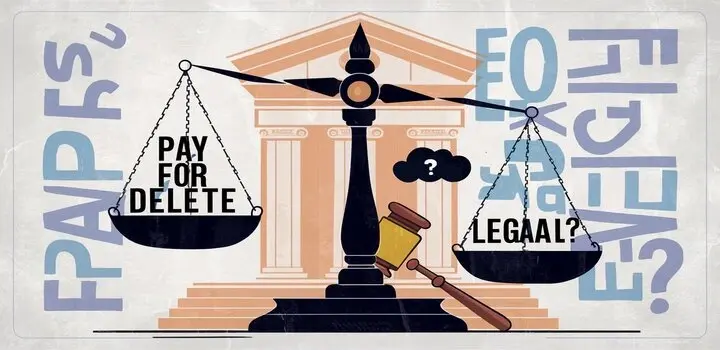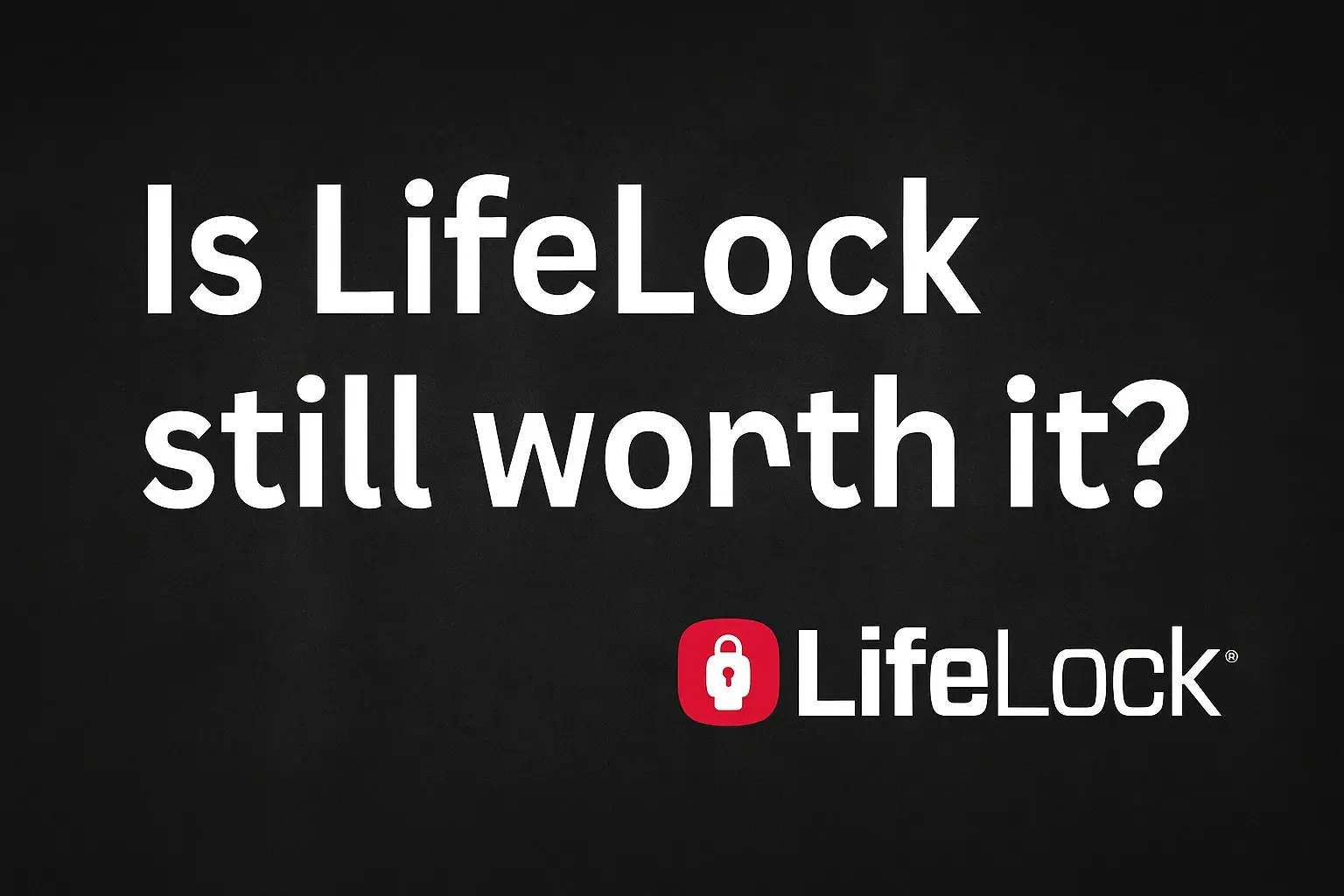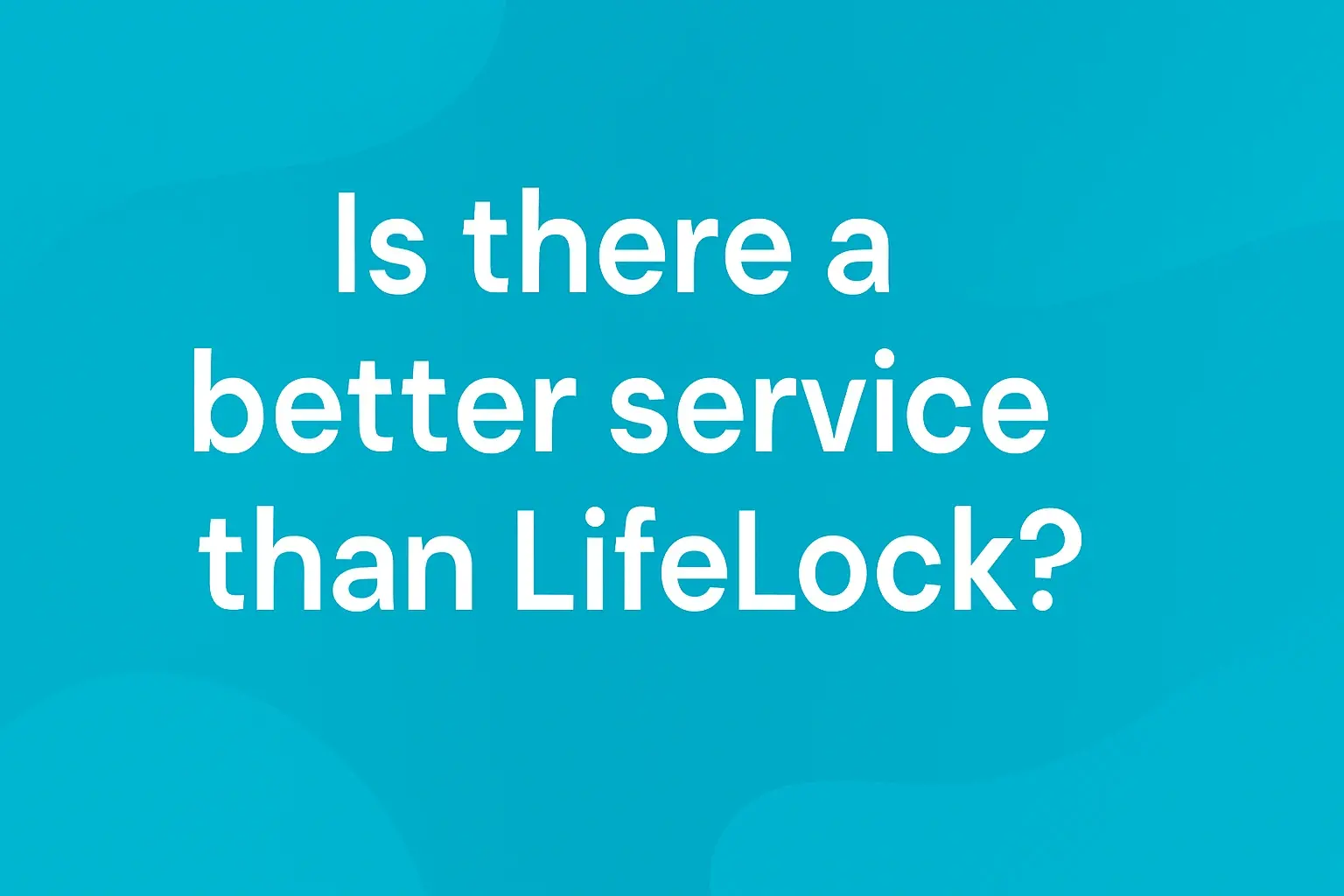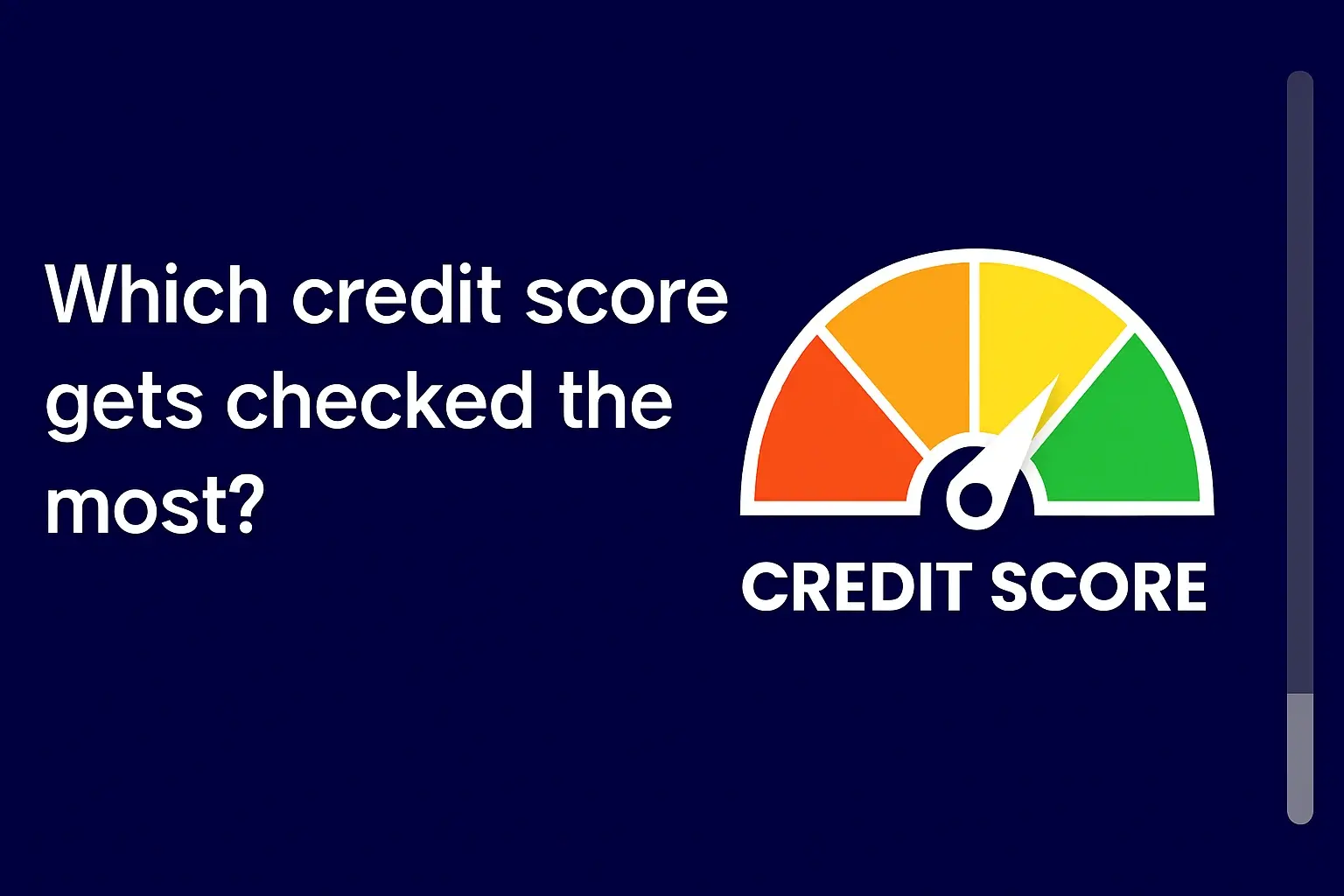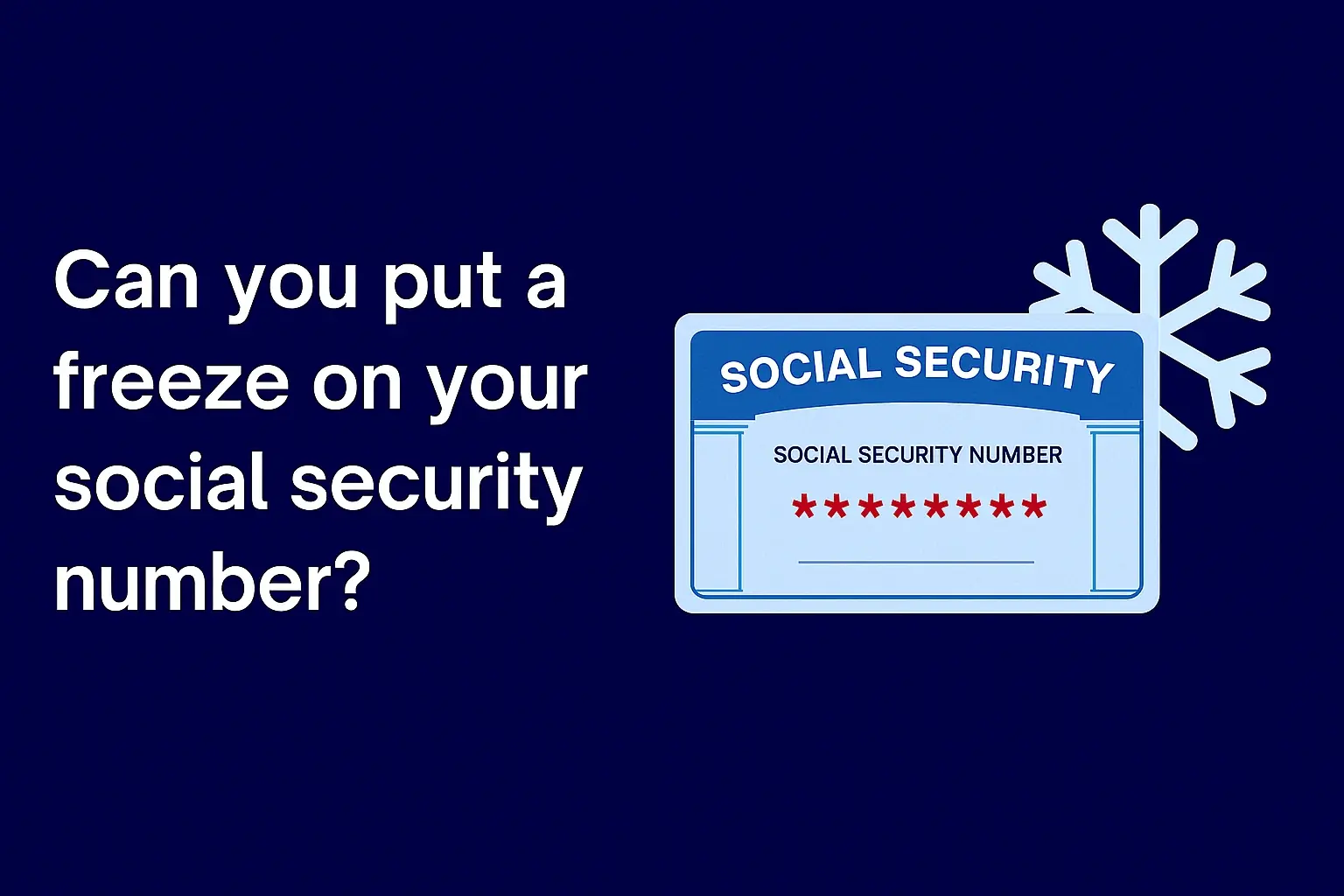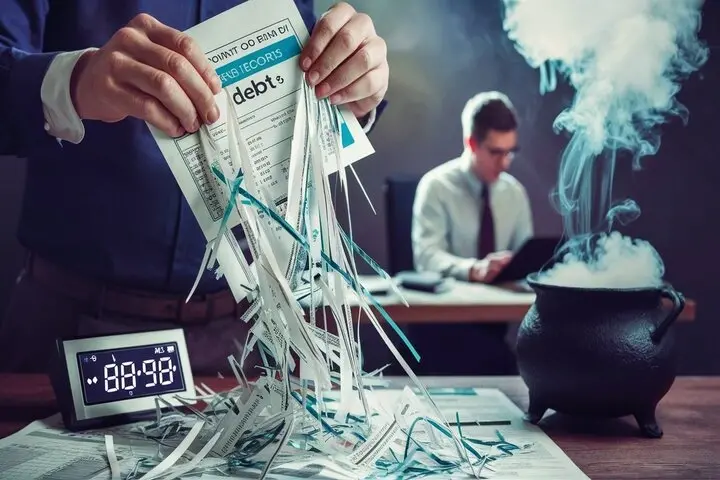-
Posted on: 24 Jul 2024
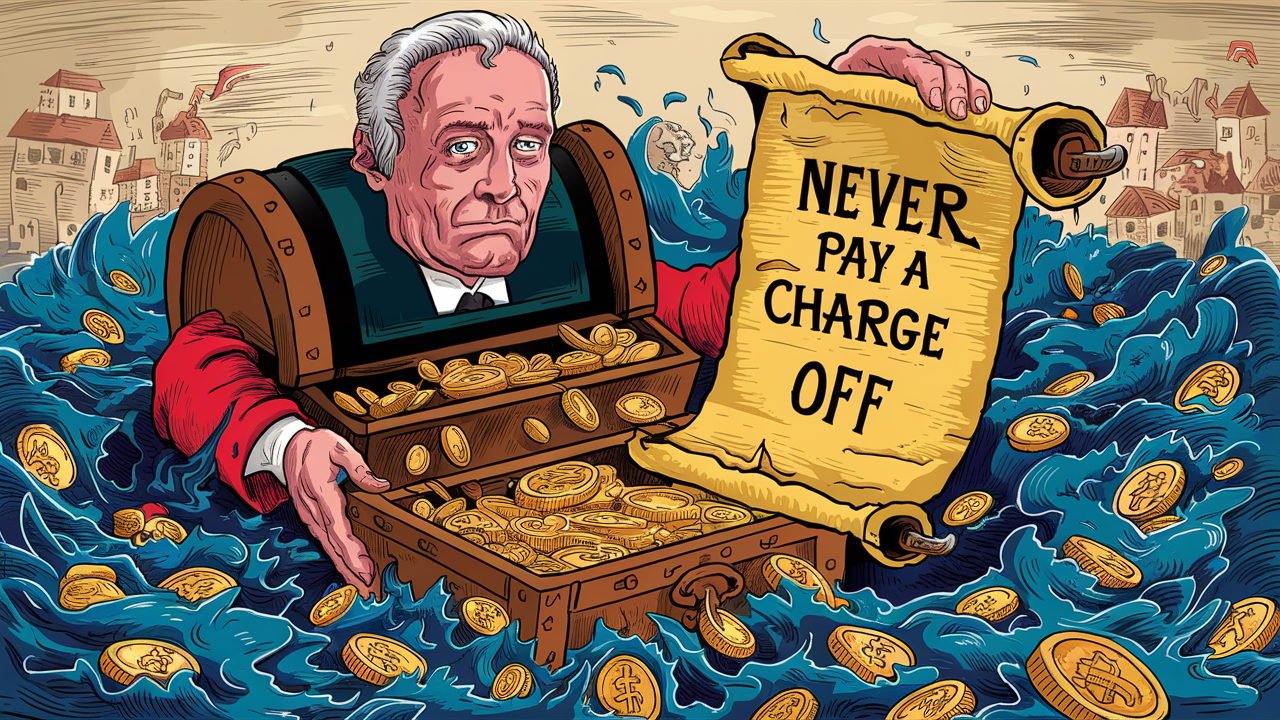
-
A charge-off is a loss experienced by a creditor, eliminating a specified value for an account balance but remaining entitled to demand repayment. Not to mention, generally, the last stage before the account is sent to a collection agency. There are quite a few reasons why paying a charged-off debt is unproductive, even if sometimes you find yourself in a position where you have been offered the choice to pay it off to try to get it removed from the credit reporting system or to avoid being sued.
There is the ability to halt the clock on the statute of limitations.
Every state's laws have clauses allowing a creditor or collector to bring a debtor to court within the designated period to get their money back. Though every state has a separate term of restriction, it typically runs three to six years. If the debt is approaching or has already exceeded the provincial limit, paying up the debt even partly may cause the debt to re-age or restore the creditor's rights to litigate within the designated term. Check the statute of limitations first, then, before making any form of payment.
The credit damage has already been done, as they remain largely insolvent
A charge-off means the creditor has written off the balance and expects recovery through some compulsory means. It is one of the worst account statuses that can be deemed as the most damaging to your credit. But as soon as an account receives a charge-off, your credit score has already suffered damage. It will also not delete the negative item from your credit reports, although paying it will reflect positively on your credit scores. This means the charge-off status will remain on the balance sheet 7 years from the first day of becoming delinquent, whether paid or not. Therefore, clearing a charged-off account will not benefit you in any way since you will not be charged for the amount.
It Is Important To Note That You Could Be Required to Declare the Canceled Amount as Income for Tax Purposes
This is a rather general rule, but if a creditor has a debtor and he has not been able to collect on the debt and charges it off, then it is considered canceled or forgiven by the IRS. If the amount of debt that was canceled exceeds $600, the creditor is expected to provide a 1099-C form indicating the amount canceled. All this money is considered taxable income. Hence, paying a charged-off debt reduces the amount that could be held to taxes. However, there are conditions where you cannot get discharged, in particular if you were insolvent at the time you were to be discharged.
The Creditor May Not Be Able To Establish That You Are Legally Bound To Pay Them
Therefore, if you have been sued and the creditor wants to proceed through a legal process to get his or her money back, then the creditor needs to prove that the amount that he or she is demanding you pay is valid. While it is difficult to have poor records in the first few years of the credit terms, the older the debts become, the less likely the creditors are to keep good records. When you make a payment or negotiate to settle a charge-off off you are, in effect, giving up the right to force the collector to verify the debt.
Bearing this in mind, it can be noted that settlements generally involve one-off or lump-sum payments being made.
Indeed, if you prefer to negotiate your debt for a lower amount than the full amount you owe, nearly all creditors and debt collectors will want you to pay the agreed-upon amount in full and at once. This may put a lot of pressure in terms of monetary commitments if there are other present and existing due responsibilities. Even when you can afford the lower settlement amount, it is unwise because it inhibits you from paying the charge-offs and instead pays other important bills and expenses.
They may still attempt to collect the full balance regardless of the impossibility of being paid back.
Unscrupulous collectors will, at times, tell you that they will not consider a charge-off as restored if you pay a smaller part, then proceed to demand the full sum. Or they can just sell off the remaining balance to another Collection agency that comes looking for the original amount owed. And any payments can expose you to further collection communication. Even when the account has been charged off, ensure that the settlement and payment terms are put in writing before making the payment.
Interest Continues Accruing
The penalty interest rate of credit card accounts and other kinds of revolving lines of credit still applies and still accumulates after being charged off. This means the balance you owe is continually building up. The balance that you see on the credit report may differ from what you pay in full because, during the time you negated the balance, more interest and other charges may have been added.
You Lose Leverage
If you are sued by a creditor or debt collector on a charge-off, they usually come asking for a few dollars, and you should never agree to pay them even a few dollars because this puts them in a position to negotiate more aggressively. By doing so, you also waive the right to claim violations, defects in documentation, the statutes of limitations on the violations have expired, or other matters that might be viewed as a defense. It is a confession of the obligation, and no matter how little, it puts the creditor in a strong position to collect from you.
The original creditor does not receive any compensation in this process.
Originally, banks or the original lender can sell the charged-off debts to a collection agency at a throwaway price, for instance, one cent per dollar face value. I have met people who have paid the debt collector, and none of it is returned to the original creditor with whom the business was done. The debt collector earns massive amounts of money getting those payments when they are offering nothing to the business that was out of pocket for you, not paying initially.
There May Be Errors
One of the main problems that arise when considering charged-off debts is that mistakes often happen due to sloppy record-keeping, account transfers, and mistakes in interest calculations. Consumer debt holders, under the Fair Debt Collection Practices Act, have the right to dispute errors, but they lose arguing right to dispute once they make a payment. Do not pay any previously charged-off debt back unless you can prove the full history of the account.
You must understand that you deserve to prioritize current bills.
Previous charge-offs were symptomatic of a loss of a job, an illness, or any other circumstance beyond your control that makes one default on his/her obligations. Staying current is for current obligations – it is not new debts or old debts that a creditor has forgone collecting. Therefore, healing credit and financial health entail timely repayment of newer bills instead of paying off old collections.
As you can observe, it is wiser to avoid charge-offs and only pay them when you are compelled to do so; this is because the main reasons for paying charge-offs are counterproductive most of the time. Letting them self-disappear from your report or negotiating rigid set settlement terms are far better options if wisely done. Save money and invest in the present, instead of resenting bad choices and wishing to make them undone.
Improve your credit score now—call (888) 803-7889 for a free consultation!

